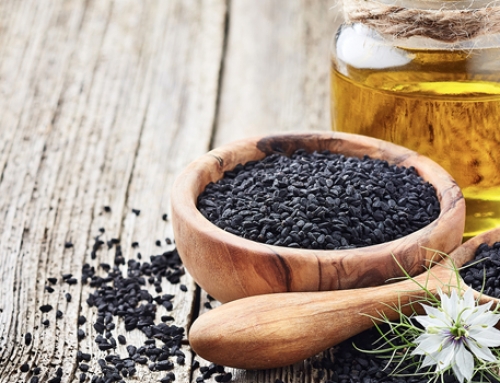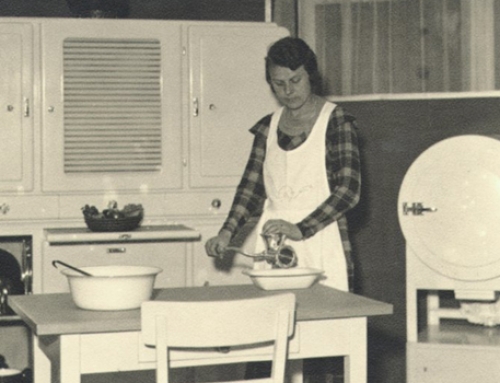We Know We Need Liquids to Survive
Studies have been showing, as it turns out, the temperature of our water may change its effect on the body, but to what extent?
Let’s review the suggested health benefits of cold vs. hot temps of the liquids and straight out water with which conditions each type may improve.
Why Cold Water?
Improve Concentration and Pain Tolerance
Cold water, when ingested, activates sensors just beneath our skin which then raises the heart rate and adds an adrenaline rush, making a person feel more alert and focused. Ever hear about taking cold showers being stimulating? This is one of the reasons why cold showers and chilled forms of hydrotherapy are being touted as effective ways to start your day and remain productive as the hours go on. (Athletes taking ice baths after a game or a hard practice for instance.)
Some hold that drinking ice water may be nearly as effective as caffeine when you want to increase adrenaline production and make faster, more focused decisions.
Adrenaline not only boosts your mood but can also improve your ability to tolerate pain. Cold water itself is often recommended as a pain management method because it causes your blood vessels to constrict and can reduce swelling and inflammation.
Improve One’s Metabolism
What About Hot Water?
As it turns out, drinking hot water has certain health and illness-fighting benefits.
An early study on the effect of hotter temperatures on the body has found that hot drinks like tea or water with lemon were more effective at relieving cold symptoms than the same beverages served at room temperature.
Researchers concluded that the warm vapor from these drinks could loosen clogged sinuses and soothe a sore throat caused by mucus accumulation.
Other benefits may also include:
Digestion Support
Like water at other temperatures, hot water keeps the digestive system moving, making your body better able to eliminate waste. This study found that warmed water could have a beneficial effect on intestinal movements after surgery, so it may help dissolve and move food that you’re having trouble digesting. One of the reasons that a cup of coffee promotes bowel movements soon after finishing their cup of “Joe”.
Thermo-regulation In Cold Temperatures
We have all experienced a time when we had been out in the cold for an extended period of time and how good a warm cup of cocoa had felt to warm us up. In 2017, researchers found that while shivering is the body’s natural reaction to cold conditions, drinking warm fluids can help reduce it. The subjects wore suits circulating water that was a bit above freezing, then drank water at different temperatures, including up to 126°F (52°C). Drinking hot water helped them maintain their body temperature with less effort.
May Relieve Achalasia Symptoms
Achalasia is a condition in which your esophagus has trouble moving food into your stomach. Those living with it have trouble swallowing and report feeling as though food gets stuck in their esophagus (a condition called dysphagia). Researchers in this study found that drinking warmer water may help achalasia patients digest more easily.
Next Time You Get a Beverage…
No matter what temperature you prefer, regular water consumption can help ensure you stay hydrated throughout the day. Recommended minimum intake varies according to your age and gender, and pregnant or nursing women need more water than usual.
Keeping a water bottle or thermos nearby during your waking hours can ensure that you have regular access to the fluids you need to stay healthier.






